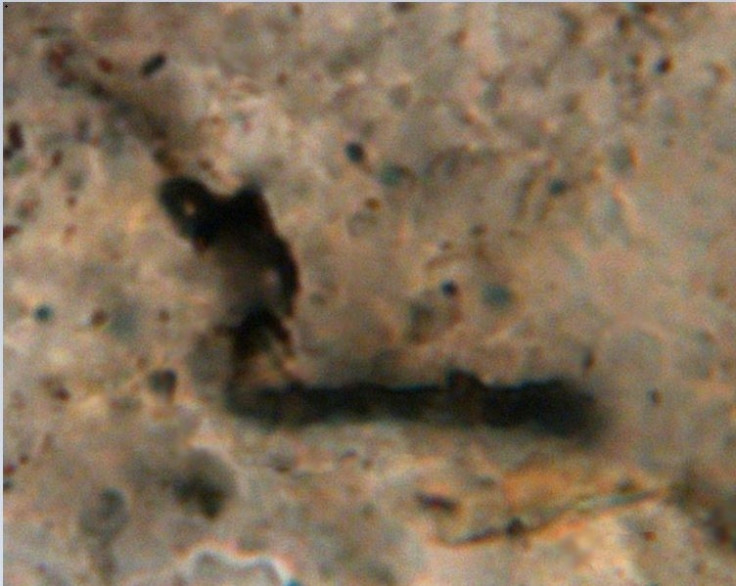Oldest fossils ever found indicate life in the Universe is 'common'
Different organisms evolved early in the Earth's history, making it more likely that life exists outside our planet.

Life in the universe may be common, according to indications from a new study which confirmed a set of 3.5 billion-year-old fossils as the oldest ever discovered and the earliest direct evidence for life on Earth.
The research, published in the Proceedings of the National Academy of Sciences, describes a diverse group of microfossils - first discovered in Western Australia in 1993 - which, the authors say, prove that life on Earth must have begun before 3.5 billion years ago.
The fact that a diverse a group of organisms evolved very early in Earth's history – in addition to the growing understanding that there may be vast numbers of 'potentially habitable' worlds in the universe – makes it more likely that life exists outside our planet, scientists say.
"By 3.465 billion years ago, life was already diverse on Earth; that's clear - primitive photosynthesizers, methane producers, methane users," said J. William Schopf, a professor of paleobiology at UCLA and lead author of the study. "These are the first data that show the very diverse organisms at that time in Earth's history, and our previous research has shown that there were sulphur users 3.4 billion years ago as well.
"This tells us life had to have begun substantially earlier and it confirms that it was not difficult for primitive life to form and to evolve into more advanced microorganisms. If the conditions are right, it looks like life in the universe should be widespread," he said.
The ancient fossils come from a time when there was very little oxygen in the Earth's atmosphere – conditions which may be common on many 'potentially habitable' exoplanets.
Schopf thinks that at this stage in the Earth's evolution, advanced photosynthesis had not yet evolved, and that the first oxygen only appeared half a billion years later, before rapidly increasing in quantity around 2 billion years ago. In fact, oxygen would have actually been lethal to these early microorganisms.
The authors say that while the presence of primitive lifeforms – which resemble the fossils in the recent discovery - may be common, the existence of more advanced life is certainly possible, but less certain.





















